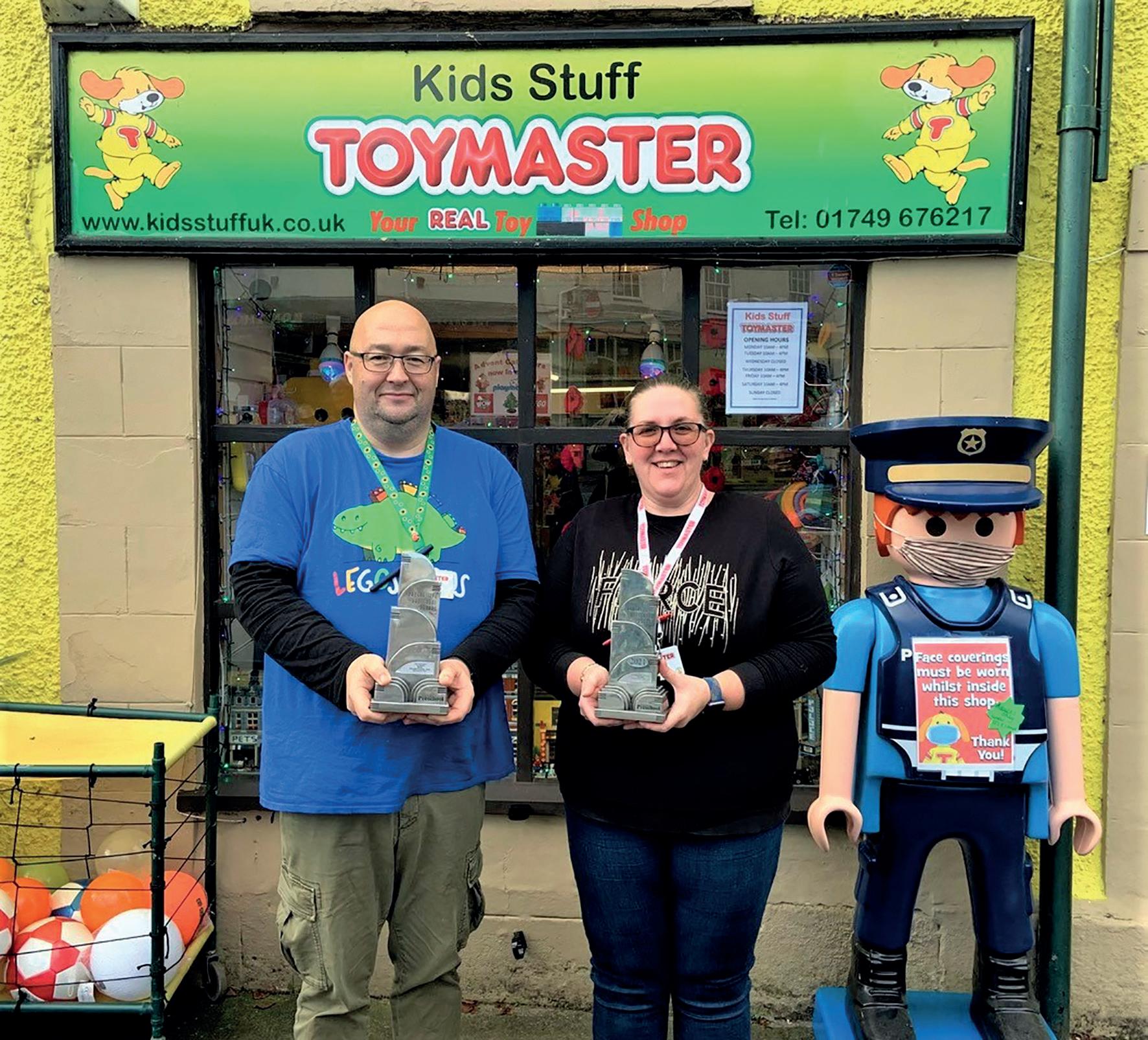
1 minute read
Blinded by
The STEM (science, technology, engineering, maths) toy sector experienced a resurgence as parents tried to make home-schooling as interesting as possible during Covid lockdowns, but has that interest continued three years on?

It’s good news, according to Libby Everett, board game sales and science kit marketing at Thames and Kosmos: ‘‘There was a fear that the industry would be hit hard after the pandemic, STEM toys had seen an influx in sales in order to assist home schooling, but would the industry see a slump and suffer afterwards? In fact, this did not happen, last year’s sales were in line with the increase.’’
And Brainbox marketing manager Debra Tiffany, agrees: ‘’The STEM toys category really came into its own in 2020 during the pandemic as everyone tried to find ways to engage their children in home schooling. I think this growing popularity has sustained, and consumers understand that STEM products aren’t just a toy that you would buy just because it says educational on the box, rather they see the real play value in these products and how much benefit children get from them.’’
However, Lindsay Hardy, Marketing Director, Trends UK, adds a note of caution, and says while the STEM arena is ‘’still possibly buoyed by the impact of home schooling during the pandemic; the sector seems to be in reasonable health but (like all toy categories) is incredibly competitive.’’
And STEM toys certainly are an important part of children’s educational development, according to Sophie Beart, a former Montessori teacher who is the head of partnerships and Montessori lead at Babbu (www.babbu.co.uk), an awardwinning online learning platform.

She says: ‘‘STEM-based toys in children’s learning are hugely beneficial. STEM learning provides children with the opportunities to develop skills such as problem-solving, critical thinking and creativity. These skills are essential for life! For example, problem-solving supports children’s independence and helps them to become more self-directed. This means that they can learn how to solve problems independently, thus playing a positive role towards positive confidence levels. Additionally, skills associated with STEM support children in understanding new concepts and to retain new information. Creativity plays an active role here too, as it allows children to come up with new ideas. The ability to share these new ideas and understanding concepts with others is also important so that they can communicate these with others, thus developing collaborative and social skills.’’ So this important sector looks like it has some important work to do, as Debra Tiffany points out: ‘’The demand for innovative STEM toys will continue to grow. This interest in science and nature is fed by broadcast and online news full of technological progress and projects, such as rewilding – all subjects hugely fascinating and inspiring for kids.’’










